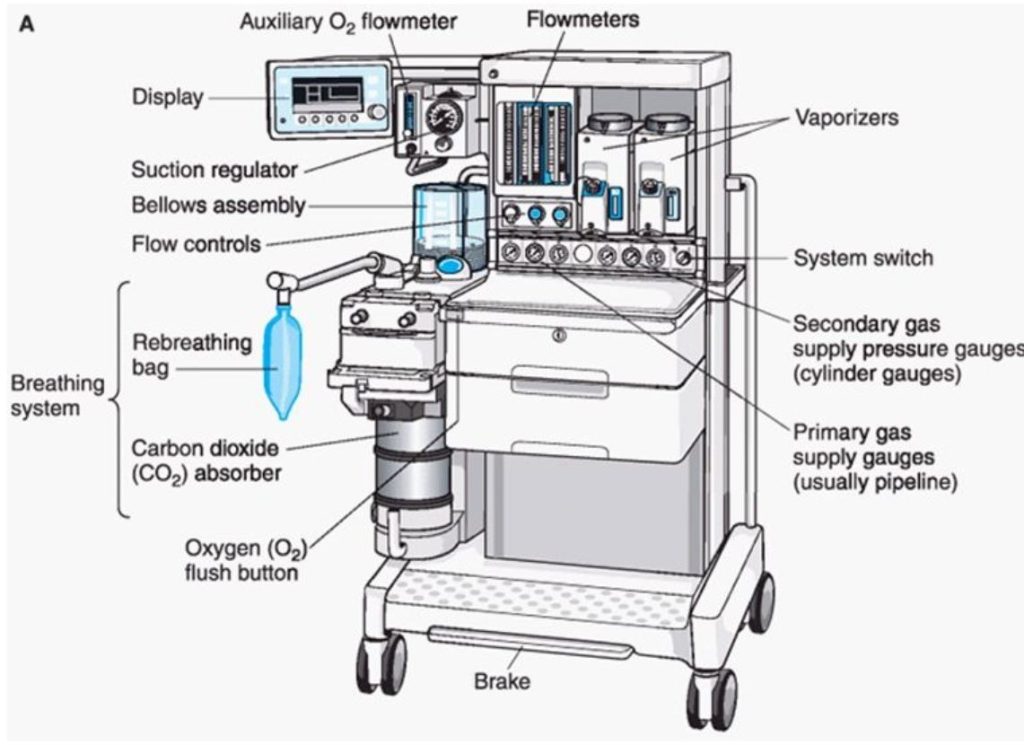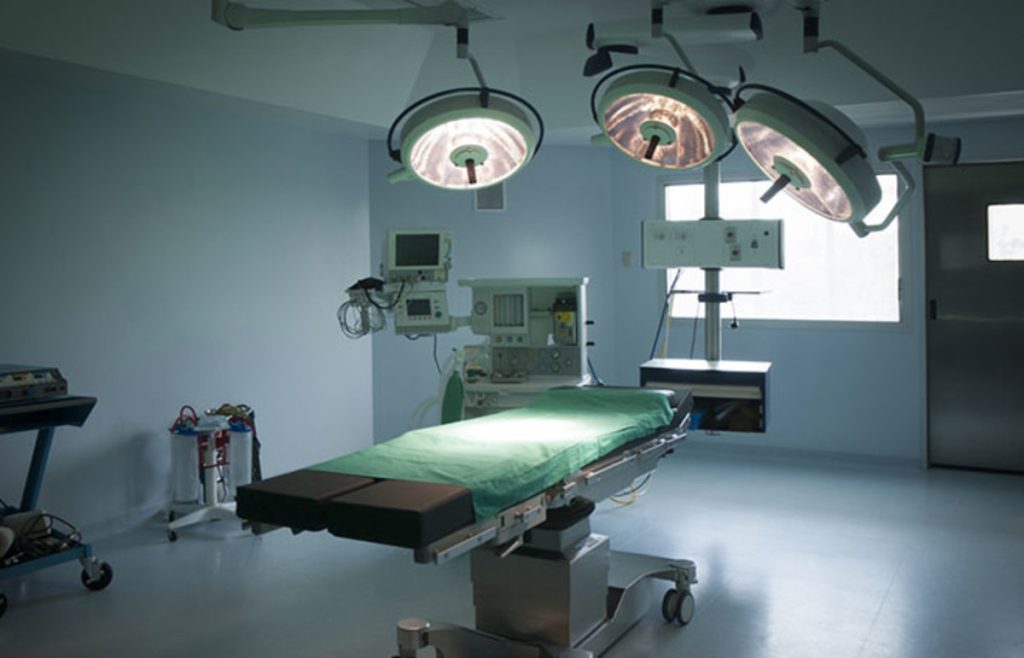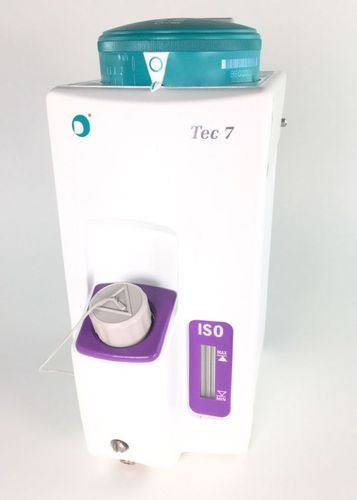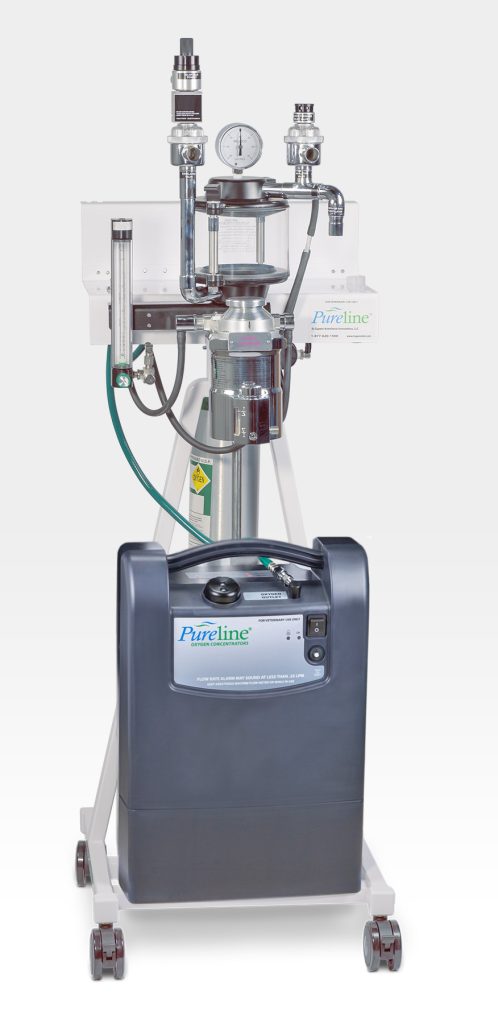What is a bipap machine?
A bipap machine is a medical device that helps a person with sleep apnea breathe more easily during sleep. The machine delivers air through a mask that fits over the nose and mouth. The air pressure is set at a level that keeps the airways open.
How does it work?
A Bipap machine is a type of mechanical ventilation device that is often used in hospitals to help patients breathe. The machine delivers air through a mask or nasal cannula at a set pressure. The pressure helps to keep the airways open and prevents collapse.
Bipap machines can be used during general anesthesia to help patients breathe. The machine can be used to deliver oxygen, provide positive pressure ventilation, or both. Oxygen delivery can help to prevent hypoxia, while positive pressure ventilation can help to prevent atelectasis and respiratory acidosis.
What are the benefits of using a bipap machine?
1. A bipap machine can help to improve your breathing by providing a steady stream of air that can help to keep your airways open.
2. A bipap machine can also help to reduce snoring and improve sleep quality.
3. Additionally, a bipap machine can provide relief from shortness of breath and other respiratory symptoms.
Are there any risks associated with using a bipap machine?
There are a few risks associated with using a bipap machine during general anesthesia. The first is that the machine may not work properly and could deliver too much or too little oxygen to the patient. Additionally, if the patient’s airway is not properly maintained, they may be at risk for developing pneumonia or other respiratory infections. Finally, if the patient experiences any problems with their breathing, they may need to be intubated and placed on a ventilator, which carries its own set of risks.
How do I know if my doctor recommends using a bipap machine during surgery?
If you have sleep apnea, your doctor may recommend using a bipap machine during surgery. This is because the machine can help to keep your airway open and prevent you from snoring.
What should I do if I have questions about using a bipap machine during surgery?
1. What is the purpose of using a bipap machine during surgery?
2. How will the bipap machine be used during surgery?
3. What are the risks and benefits of using a bipap machine during surgery?
4. What are the possible complications associated with using a bipap machine during surgery?
5. How long will I need to use the bipap machine during surgery?
6. Will I be able to use the bipap machine after surgery? If so, for how long?
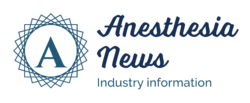
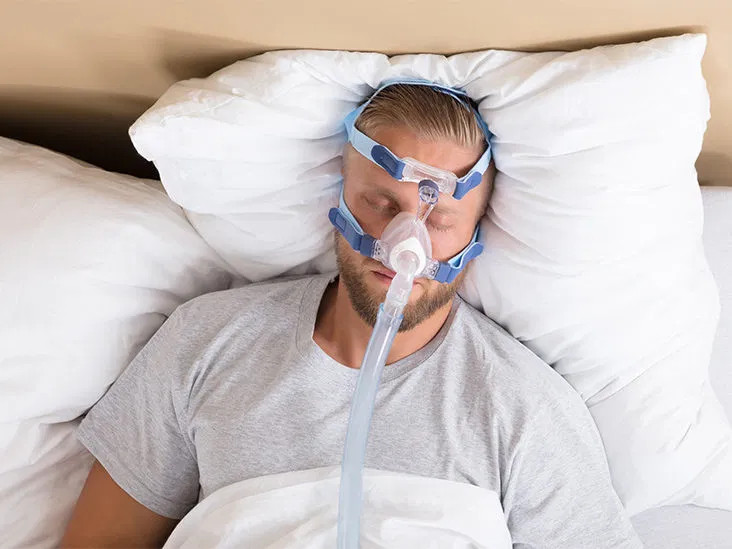
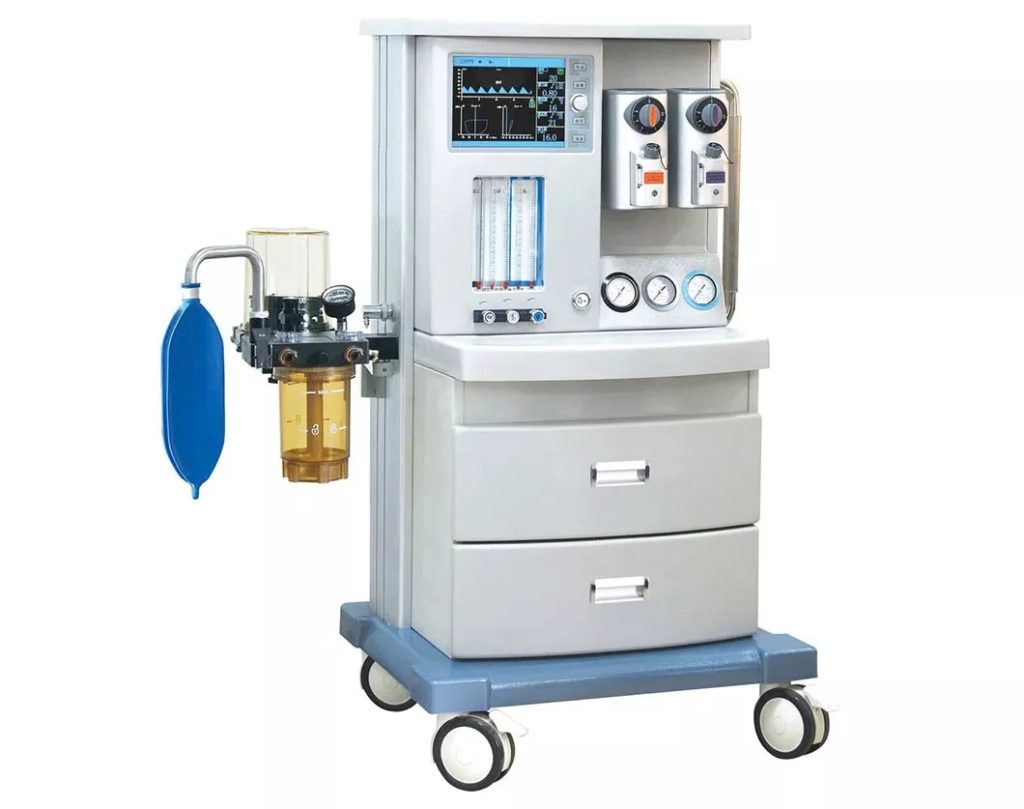
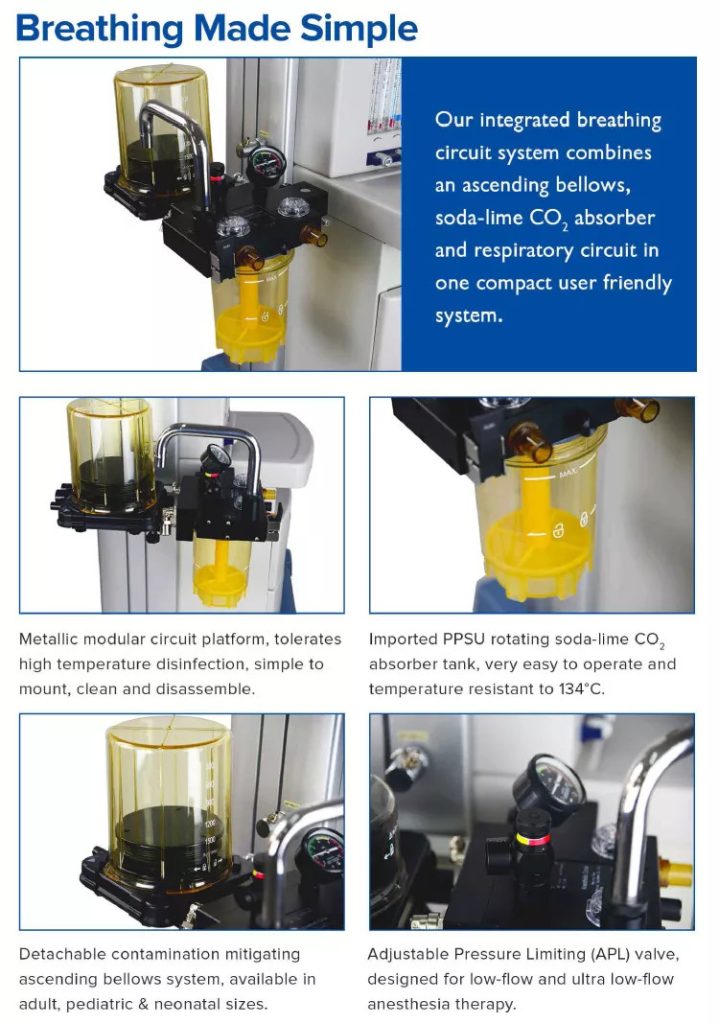
![The [Complete] Guide to Buying Anesthesia Machines](https://www.anesthesia-news.com/wp-content/uploads/2022/08/anesthesiamachine3.jpg)
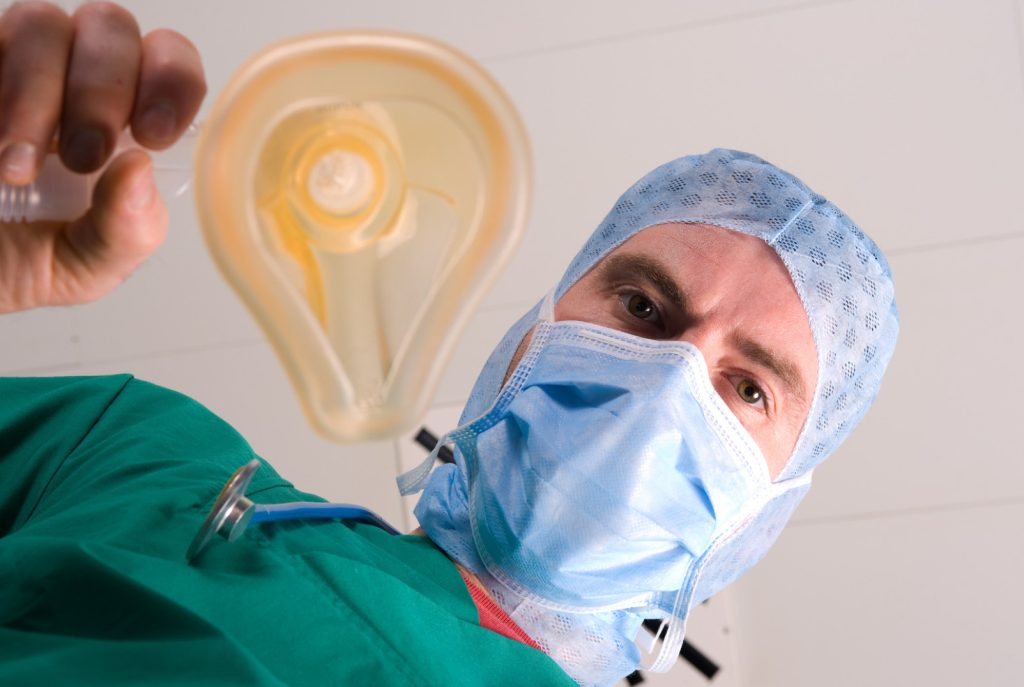
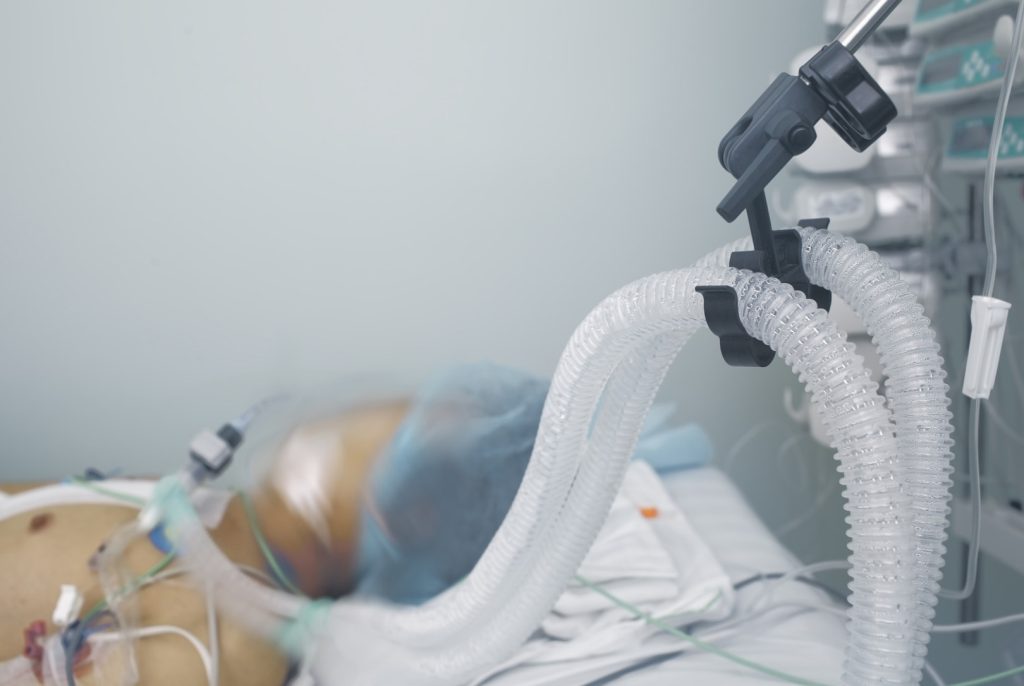
![How to Find the [PEEP Valve] on an Anesthesia Machine](https://www.anesthesia-news.com/wp-content/uploads/2022/09/peep-valve.jpg)
